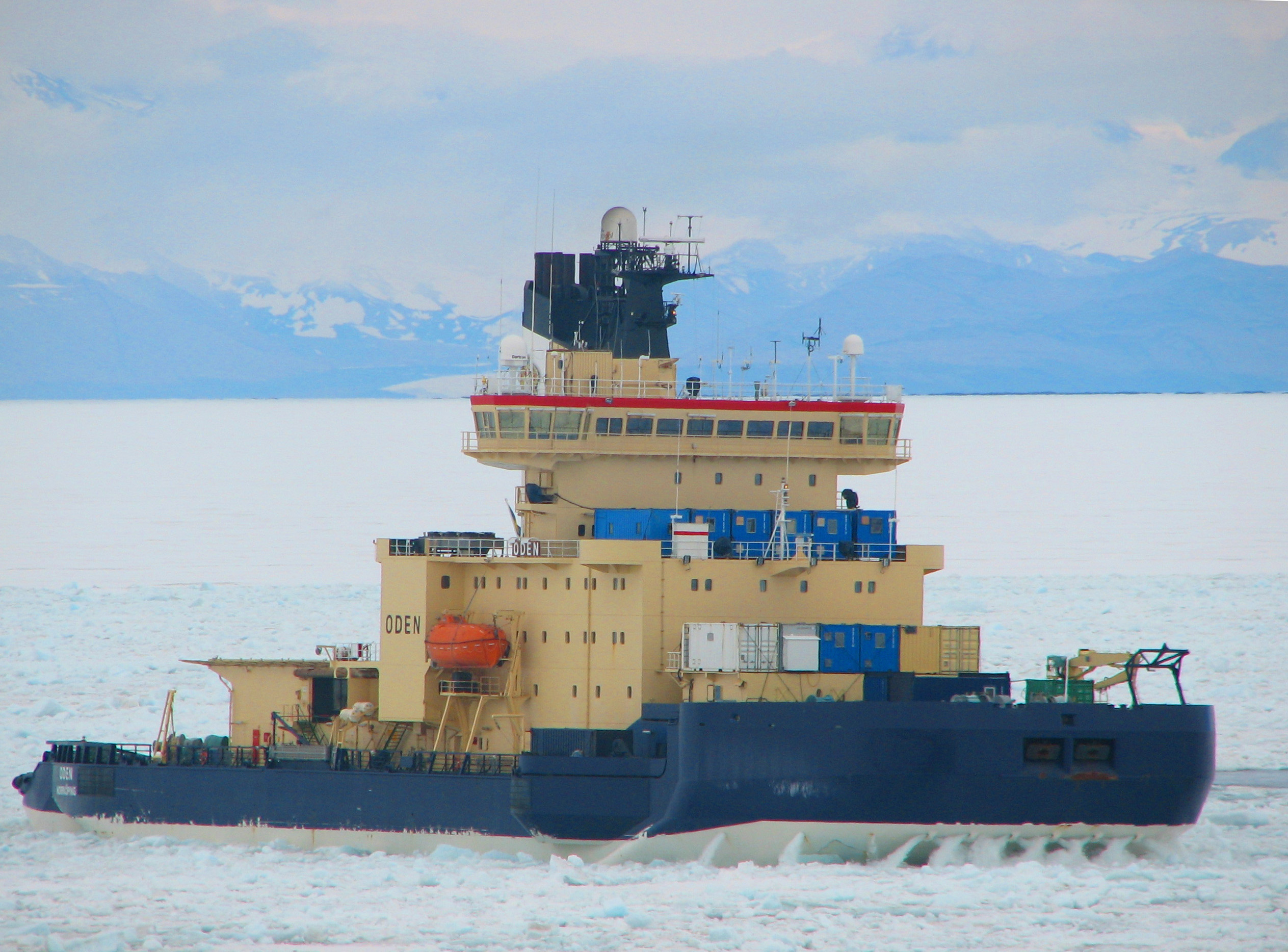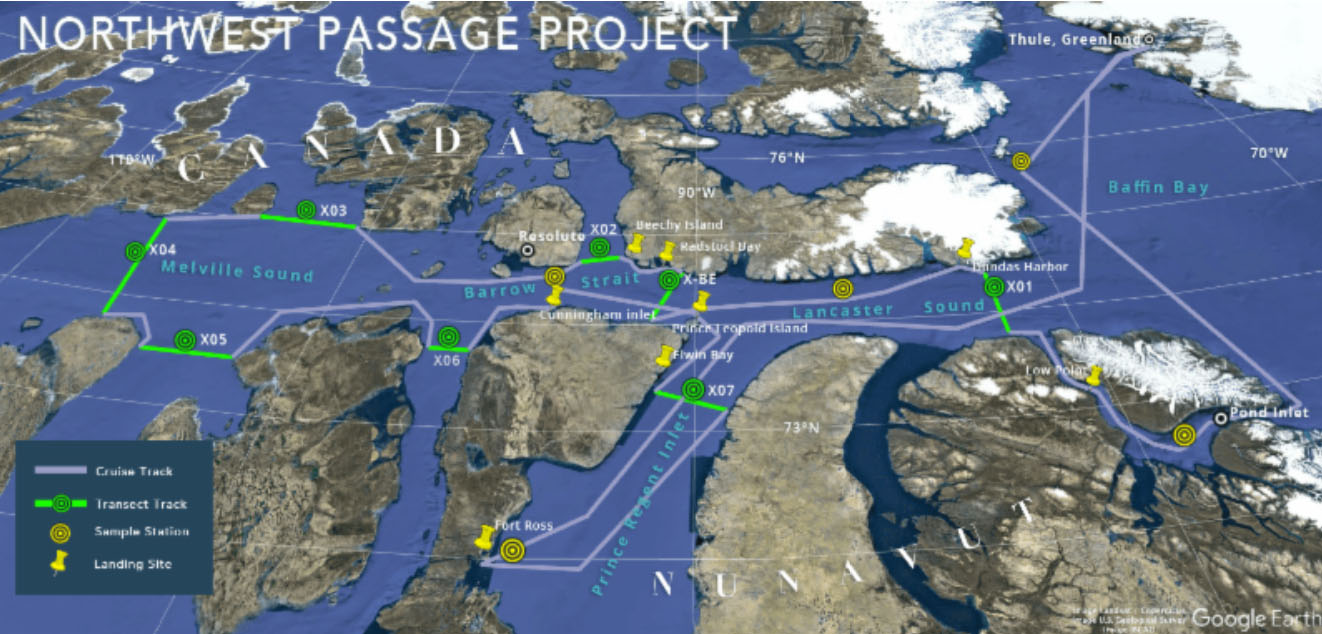Streaming live from the Arctic: the Northwest Passage Project
The two-week expedition aboard Swedish icebreaker Oden will share live broadcasts over Facebook.

A group of American and Canadian scientists are preparing to embark on a two-week research mission through the Northwest Passage.
Led by the University of Rhode Island’s Inner Space Center, researchers will collect water, ice and air samples to help better understand the effect of climate warming on the environment and biodiversity in the Canadian Arctic.
Members of the Northwest Passage Project will depart from Greenland on Thursday, July 18, aboard the Swedish icebreaker Oden, equipped with the technology to share real-time observations and live broadcasts.
Mio Otokoak is a junior technical advisor at the Nunavut Impact Review Board in Cambridge Bay, who also works with Ikaarvik, a Nunavut youth initiative that acts as a liaison between southern researchers and northern communities.
Otokoak and her cousin Gibson Porter, another Ikaarvik member in Gjoa Haven, have both been invited to join the expedition as advisors and early career scientists.
“At this point with climate change happening so rapidly here in the Arctic, I think all the research we’ll be doing will be helpful in giving us some new baseline data,” Otokoak said.
“It might not seem like it, but all of this research is really important: the physics of the ocean’s circulation; knowing the changing conditions on the land and in the ocean.”

The expedition has four teams each working on a different research area: aquatic habitats, marine birds and animals, the melting Arctic and ocean physics.
For her part, Otokoak decided to work with the research team looking into marine birds and animals, out of her own personal interest.
Although Otokoak doesn’t see many whales around her home community, she hopes to see those species on the expedition.
She’s also interested in learning about emerging diseases in different animals.
Otokoak will make her way to Thule, Greenland, to board the icebreaker.
The expedition’s first stop is Pond Inlet on July 20, when the team will livestream the first interactive broadcast from the Northwest Passage.
“Sharing it with the communities in Nunavut is amazing,” Otokoak said, “Being able to do these live broadcasts to so many places across Canada and the U.S. This is information that will be shared with the whole world.”
Viewers can tune into the live broadcasts from the group’s Facebook page on July 20 at 5 p.m. EST and then again on July 27 at 7 p.m. EST and July 30 at 7 p.m. EST.
From Pond Inlet, the expedition will sail through Lancaster Sound to Barrow Strait, stopping in Resolute. The group will then sail west to Melville Sound and south into Prince Regent Inlet on its way back to Greenland.
The Northwest Passage Project also has filmmaker David Clark aboard, who will produce a documentary on the expedition.
Learn more about the project here.